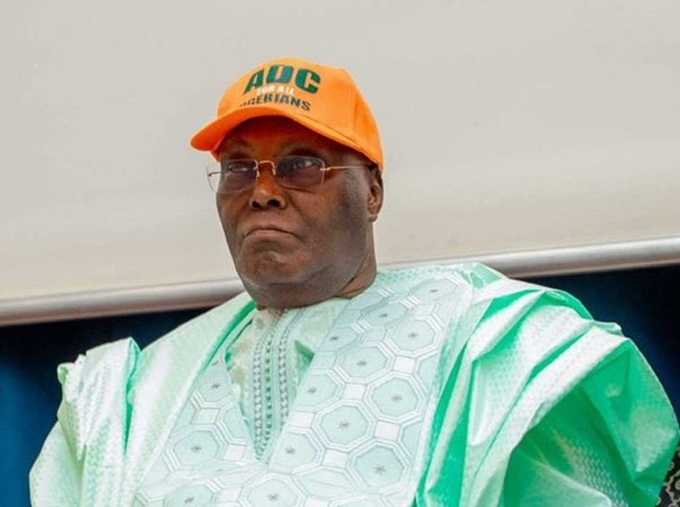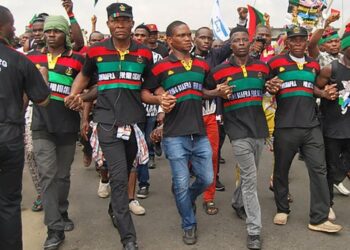Former Vice President Atiku Abubakar has officially joined the African Democratic Congress (ADC), marking a significant shift in Nigeria’s opposition landscape ahead of the 2027 general elections.
Atiku made the announcement on Monday via his X (formerly Twitter) account, sharing images of himself with the ADC membership card alongside the caption: “It’s official.”
The move comes after a long political journey. Atiku was a key figure in the Peoples Democratic Party (PDP), serving as vice president from 1999 to 2007. He later contested the presidency under the defunct Action Congress in 2007, returned to the PDP, and joined the All Progressives Congress (APC) in 2014 before returning to the PDP for the 2019 and 2023 elections.
He formally resigned from the PDP on 16 July, citing “irreconcilable differences” and a drift away from the party’s founding principles in a letter to the PDP Chairman of Jada 1 Ward in Adamawa State. His exit followed months of internal disputes and factional conflicts within the party.
The ADC has positioned itself as a coalition platform for opposition leaders seeking to challenge President Bola Tinubu in 2027. Atiku had previously endorsed the ADC in July, alongside figures like Peter Obi and Babachir Lawal, though formal registration had been delayed until now.
With his membership now official, Atiku’s move strengthens the ADC’s credibility and consolidates opposition forces under a single platform. The party’s leadership includes former Senate President David Mark as national chairman, ex-Interior Minister Rauf Aregbesola as national secretary, and former Sports Minister Bolaji Abdullahi as national publicity secretary.
Political analysts view Atiku’s alignment with the ADC as a strategic effort to unite opposition forces, leveraging his nationwide network and decades of political experience. His departure from the PDP underscores growing frustrations within the party, which has struggled with internal divisions in recent years.












